-

-

-

-
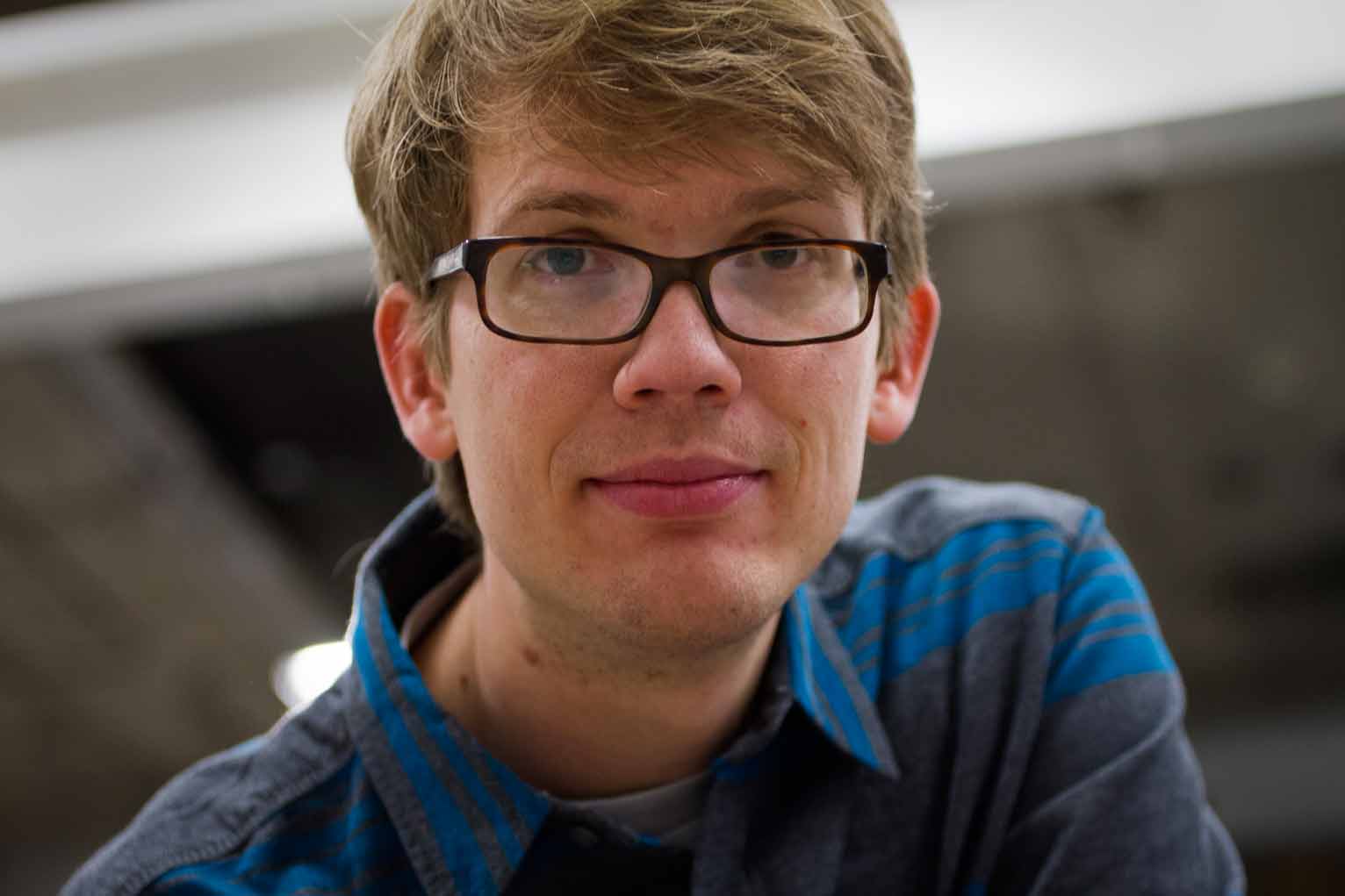
-

-
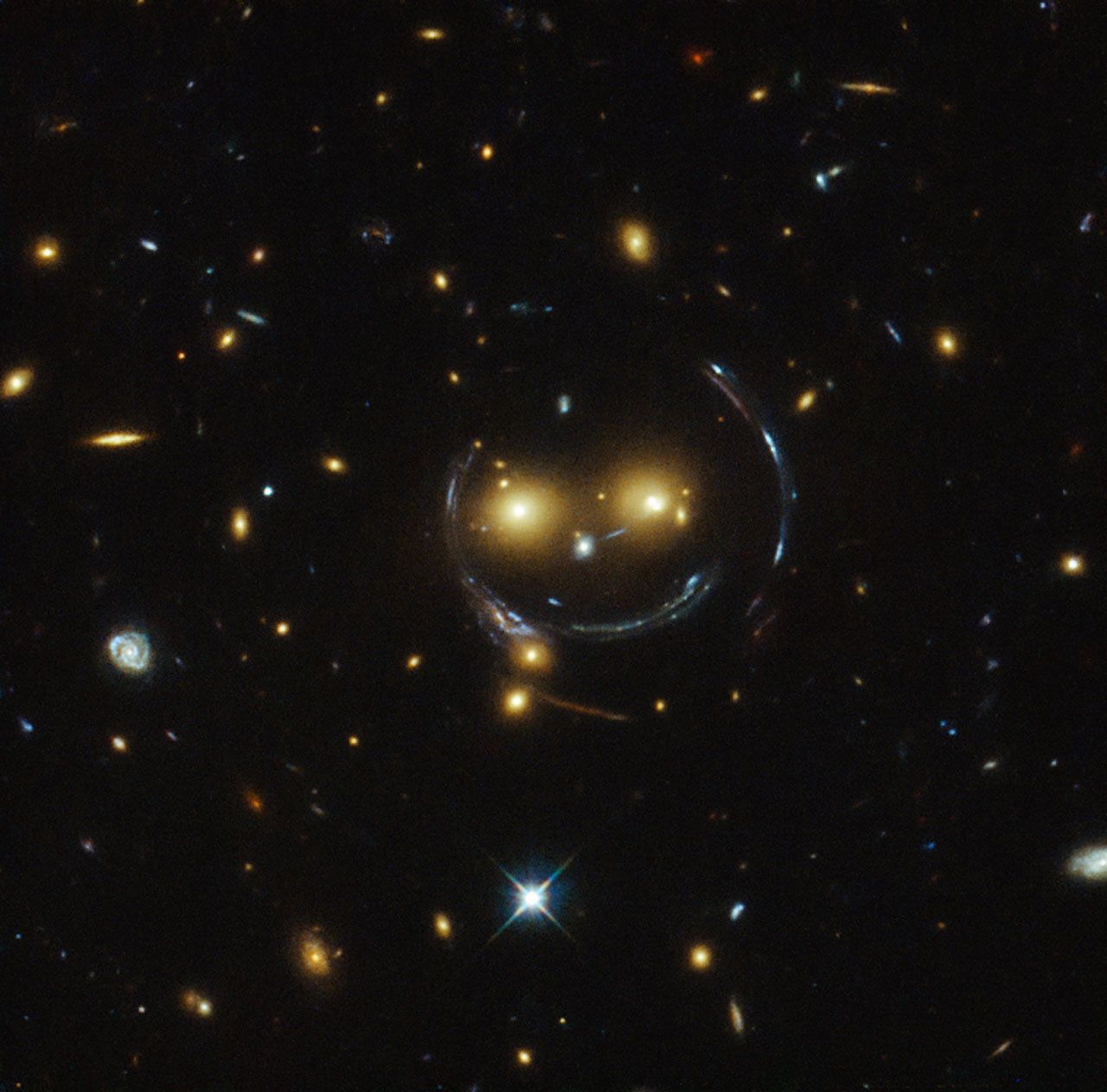
-

-
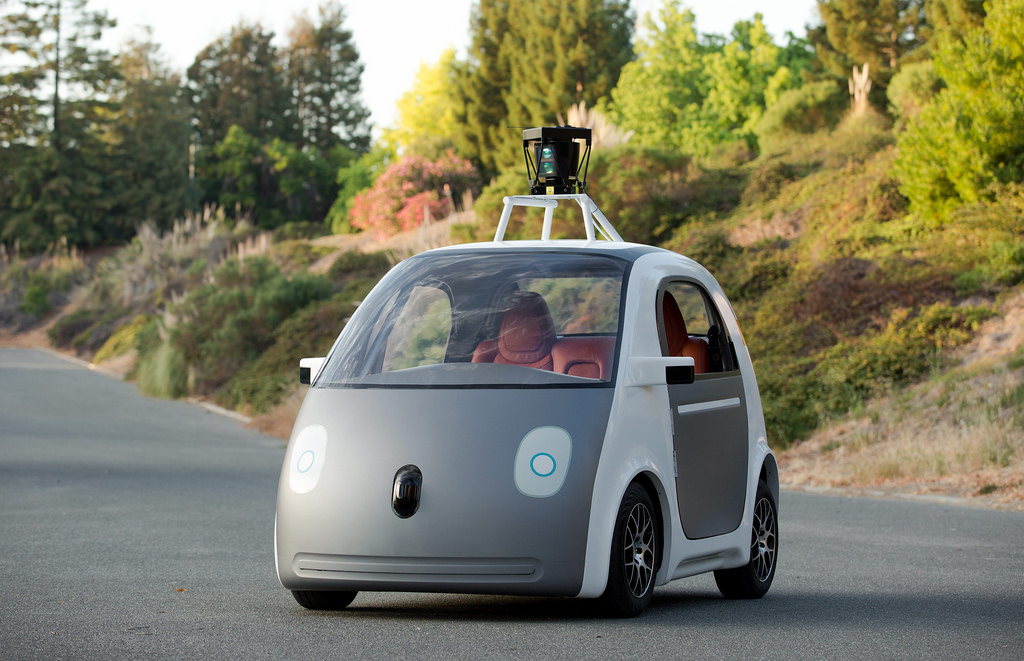
-

-

-
-

-

-

-
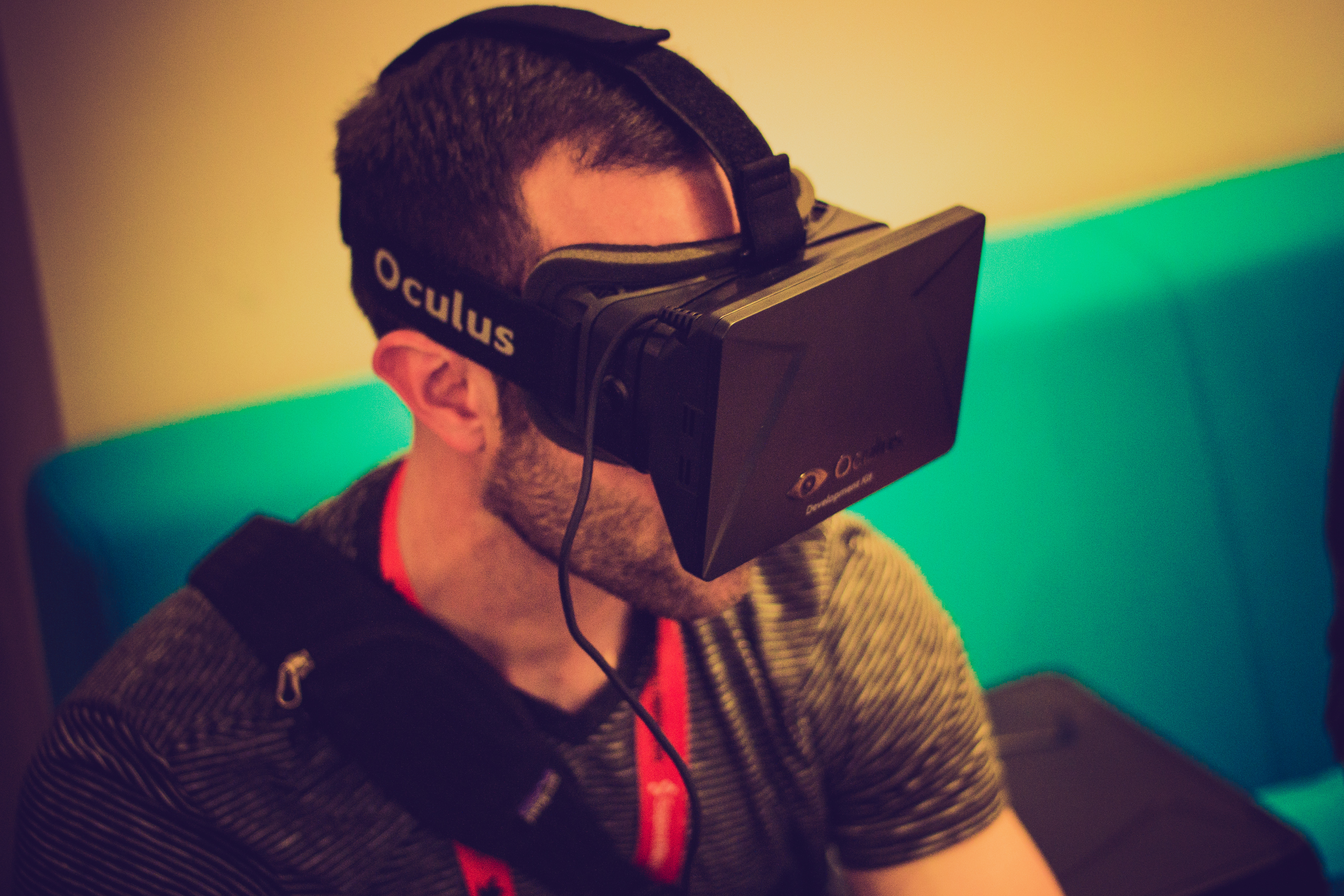
-
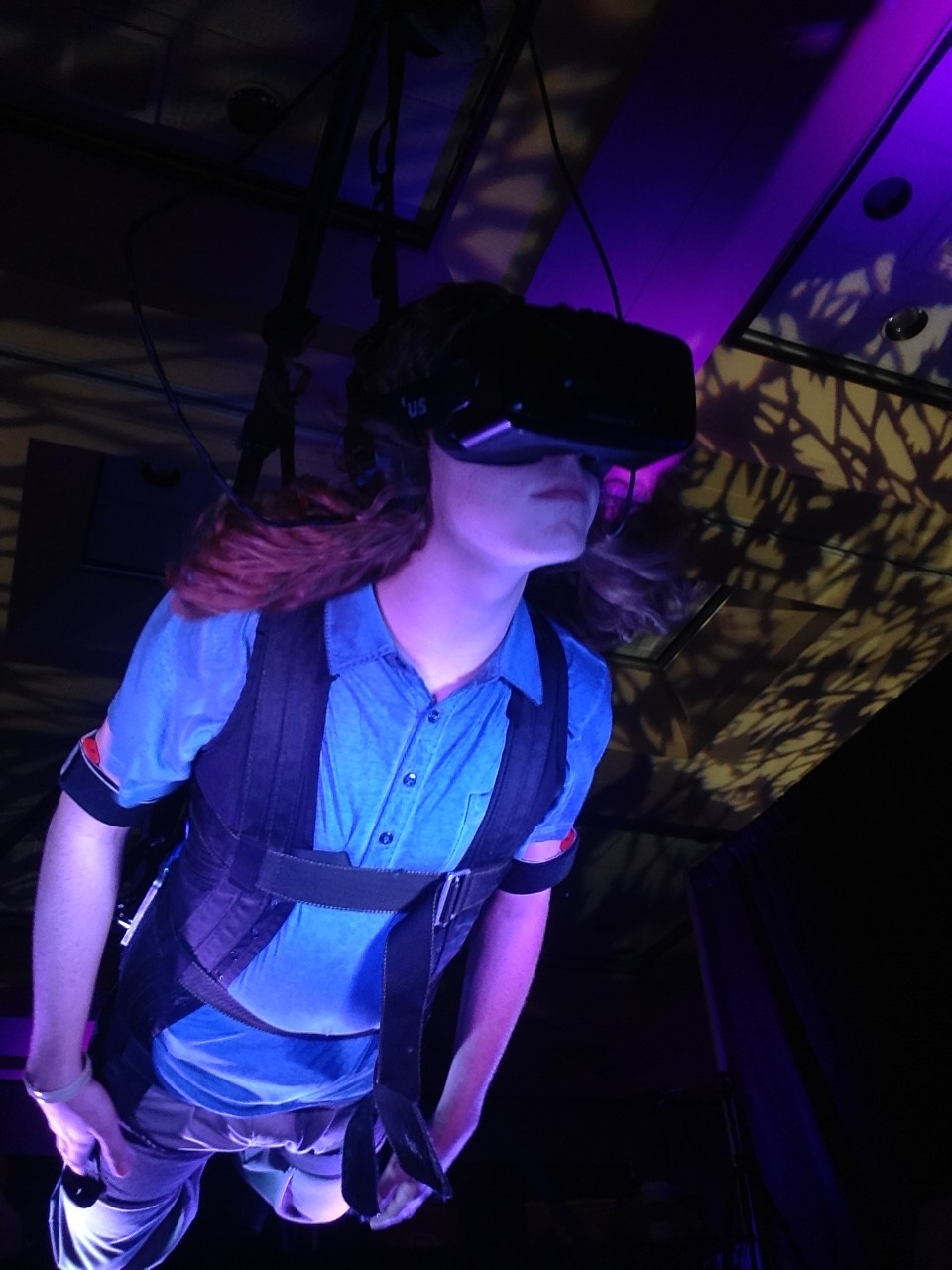
-

-

-

-
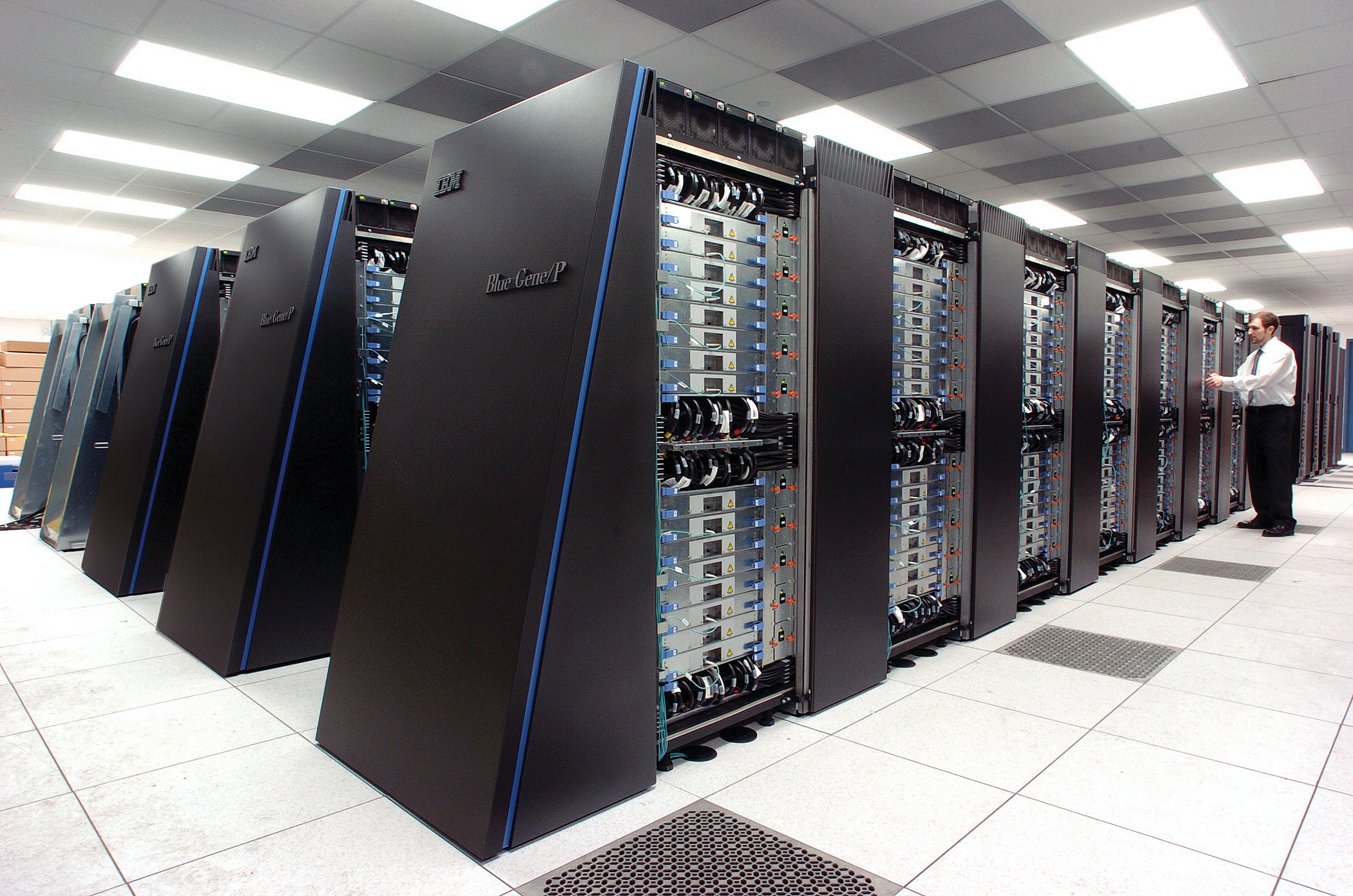
-

-
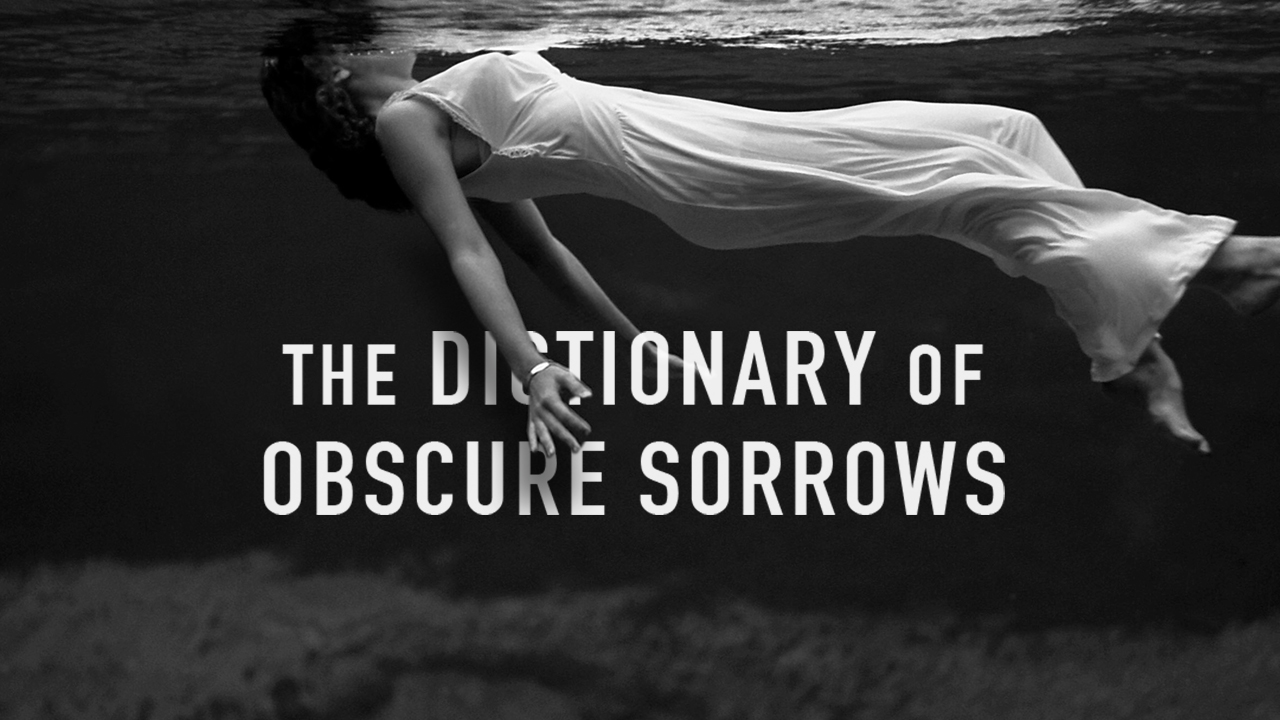
-

-

-

-

-

-

-

-

-

-

-

-

-

-

-

-
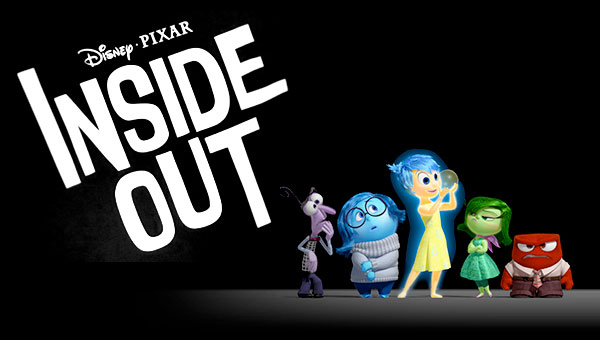
-

-

-

-
-

-

-
 TOTW: Google's Project Ara Modular Phone May Be The Future Of SmartphonesOctober 30, 2014
TOTW: Google's Project Ara Modular Phone May Be The Future Of SmartphonesOctober 30, 2014 -

-

-

-
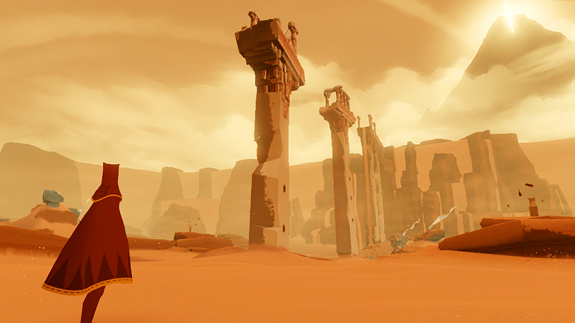
-

-

-

-
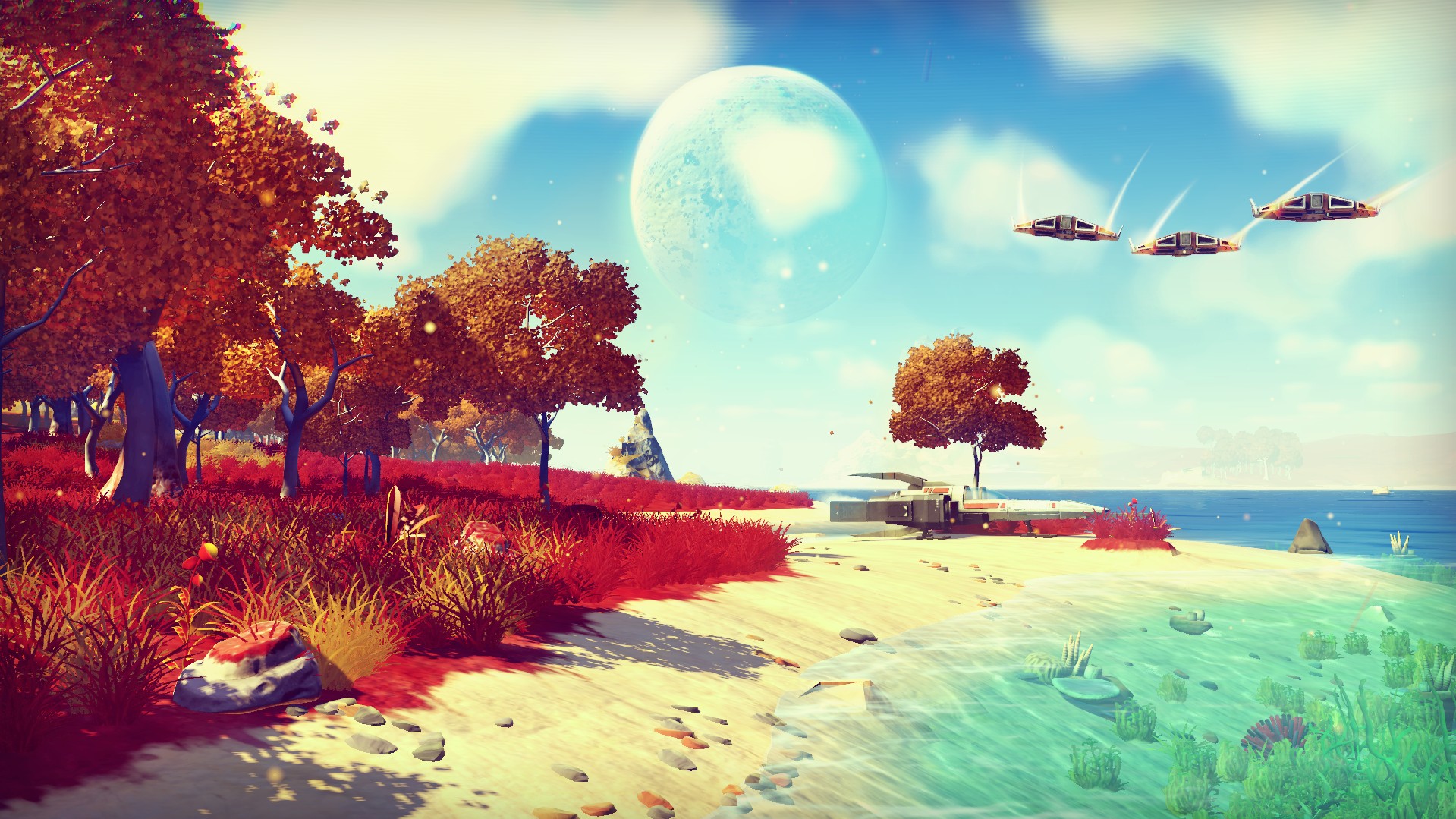
-
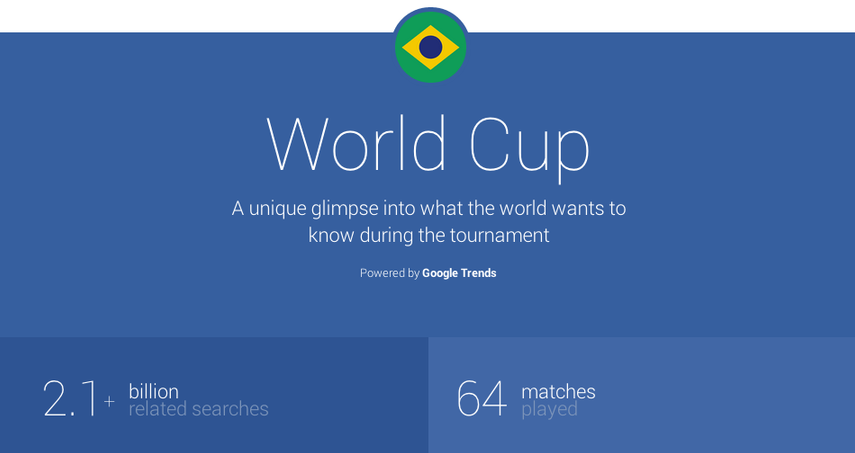
-

-

-
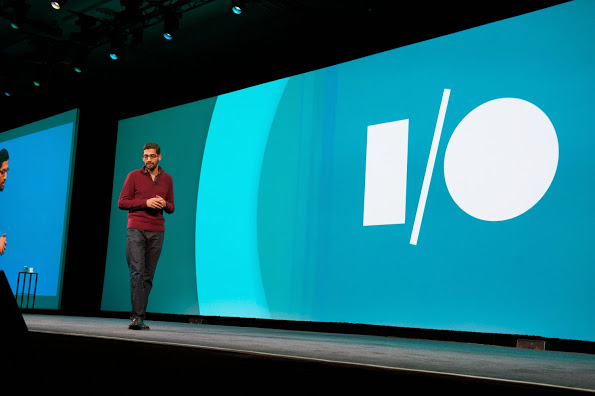
-

-

-
-
-
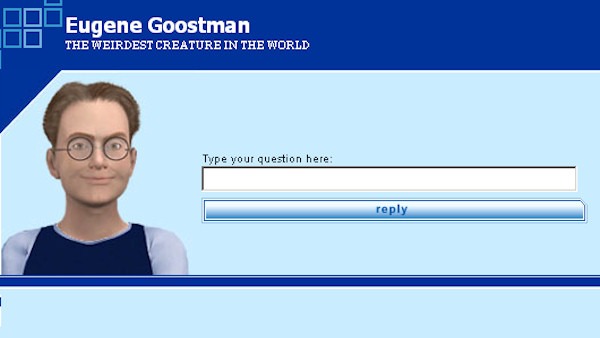
-

-

-

-

-

-

-

-

The Simulation Argument Part #1 – The First Proposition
This is the first article in FFtech’s series on The Simulation Argument. Enjoy, and check back for the following articles in the upcoming weeks.
*Warning – the following is incredibly speculative.*
Life seems real, right? This sounds like an obvious statement – of course life is real. That’s what life is. We are living, breathing humans, going about our daily lives, playing our part in the grand theater of life.
Or so we think.
Ok ok, I’ll stop being dramatic. This isn’t what you think; I’m not going to tell you that you’re a reincarnation of a turtle, or that you’re a ghost or spirit. But what I’m going to propose may seem even more preposterous. Brace for it. Ready? Using logical steps, some are arguing that they can prove the likelihood that we are living purely in a simulation is very high.
Whaaaat?? How could we possibly be living in a simulation, with just a bunch of code constituting our entire existence? This idea, famously popularized in the film The Matrix, now has a rigorous scientific argument, created by Nick Bostrom. For Bostrom however, instead of humans being controlled by aliens in a sci-fi thriller, the Simulation Argument conducts a sequence of logical steps in an effort to demonstrate that there is a greater chance than we might think that we are living in a simulation. The argument Bostom put together has three propositions, one of which must be true:
#1. Civilizations inevitably go extinct before reaching “technological maturity,” the time at which civilization can create a simulation complex enough to simulate conscious human beings. Meaning: no simulations.
#2. Civilizations can reach technological maturity, but those who do have no interest in creating a simulation that houses a world full of conscious humans. Meaning: no simulations. Not even one.
#3. We are almost certainly living in a simulation.
Hold it right there, you may be saying. It’s obvious that the first one it true, meaning we couldn’t be able to be in a simulation. That statement, that the first postulate is false, seems logical, but when put through a bunch of philosophical hurdles, doesn’t hold water. The reason that #1 is probably wrong is that the likelihood of sophisticated alien civilizations existing is actually quite high. Although beyond the scope of this article, the vast number of habitable planets, including planets outside of the Habitable Zone but that still may harbor life, is extremely large. Somewhere in the universe, intelligent life must have evolved. Once we have accepted that conclusion, it becomes less likely that this stage of development is unreachable by any one of these civilizations. From an evolutionary perspective, we as humans on Earth are arguably not too far away from being able to simulate a full chemical human mind, and within say 100-1,000 years we may have developed such a simulation similar to the one Bostom is hypothesizing.
One of the main principles of science, as the great Carl Sagan says in his quote The Pale Blue Dot, is the fact that humans on Earth aren’t special, chosen to be the singular life form in the universe. The Milky Way isn’t special at all – quite ordinary among galaxies in fact. If every other alien civilization becomes extinct within 100-1,000 years of our level of technological development, it would certainly make us one very special species. It seems much more likely that at least one civilization, whether it is future humans ourselves or an alien species, develops to this advanced level of sophistication. Thus after some considerable mental wrestling, the first postulate is deemed by Bostom to be most likely false.
But, as even Bostom himself admitted, we don’t have fully sufficient evidence against any of the first two arguments to completely rule them out. There are plenty of theories that favor a hypothetical “Great Sieve”, some event that will happen to every advanced civilization in the universe that drives them to extinction, and that will do the same to us once we reach that stage. Maybe it will be a technology that, once discovered, causes every civilization to ultimately destroy themselves. (e.g., genetic manipulation, nuclear power and weapons, bio-engineering diseases, etc.) The Great Sieve has also been used as an explanation for why there haven’t already detected some type of alien life forms, but the jury is still out on that one. Whatever the Great Sieve may actually be, we still don’t have our complete confidence in saying that the first postulate is 100% wrong. But, in the absence of any conclusive argument for a “Great Sieve”, we will for now follow along with Bostom and say the first postulate should be false.
This is the first big step in the Simulation Argument. The rest of the argument is built upon the idea that alien civilizations could actually develop and use ancestor simulations. This isn’t a small step to make, and it draws in many other philosophical complications, for instance, is creating a conscious computer program as easy as replicating a human brain in code, or is there more to it? I’ll get into this and more in the next installment of FFtech’s Simulation Argument series, so check back soon.
Sources: https://www.youtube.com/watch?v=nnl6nY8YKHs http://www.simulation-argument.com/simulation.html
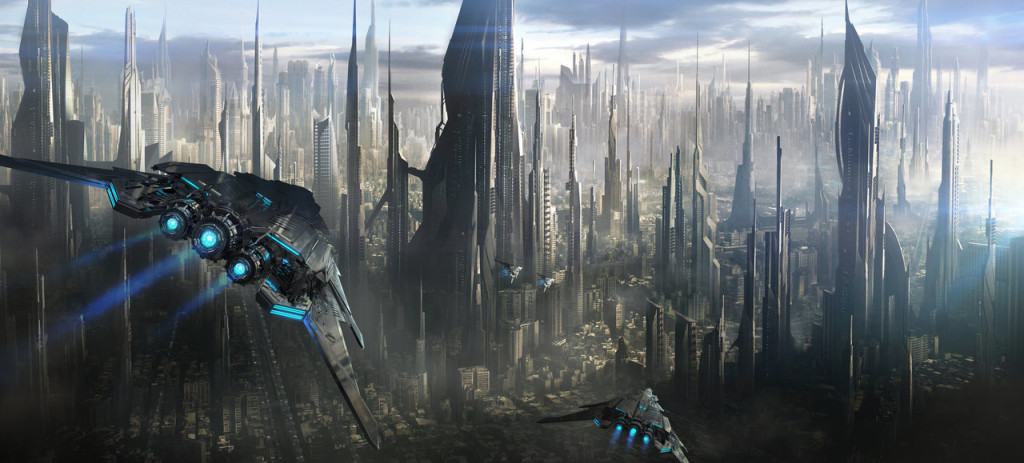
Leave a Reply